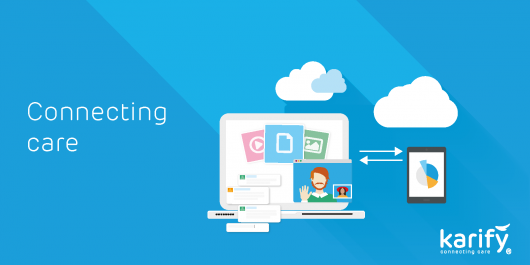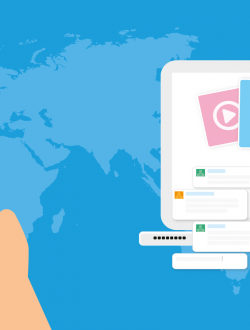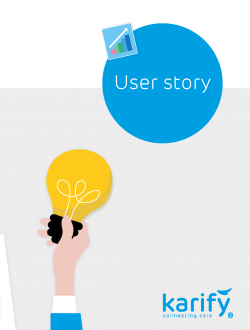HBI: Digitised mental health care is growing – but where is it going?

Mental health services are going digital, and more companies are seeing this as a way to tap into growing demand. Healthcare Europa talks to Maud Fontanier, MD of UK-based eHealth platform Instant Counselling, Michelle Tempest, partner at strategic consultancy Candesic who is tracking this segment, and Romy de Groot, head of international business development at eHealth platform Karify, to understand these new platforms and what they mean for the industry.
Read full text here.
Services are springing up to meet the growing demand for certified therapists on demand, not least to tap into the UK’s burgeoning occupational healthcare benefits system which is starting to resemble the French model – which serves 3m employees across a corporate portfolio.
Tempest says: “Instant Counselling, as well as other players like Karify are consolidating – what is new in this area is that businesses are scaling up, not just with one provider, but across Europe and across the world.
“Mental health is still quite stigmatised. In a way, this is a good thing for new entrants in the global market as there is a need for trained mental health therapists and access to them. These companies facilitate [via eHealth] that access in high demand areas.”
[…]
Karify’s de Groot emphasises that to address underlying issues and benefit from the digital possibilities, platforms need to provide features beyond enabling a phone call between a therapist and an anonymous patient: “What a patient needs is guidance, support and autonomy to get on the road to recovery.
” At Karify, we work as cloud-based solution that supports therapy sessions with online supplementary digital care. You can combine face to face meetings with online exercises, tailored medical information and different portals to communicate safely digitally.”
[…]
Digitisation also supports the Big Data movement we have witnessed over the past few years.
De Groot says: “With digital layers, you can track patients’ progress and make decisions about treatment plans based on their profiles. There are self-monitoring capabilities at one end and apps to monitor mood on the other. More digital layers such as cloud-based sessions, give way to transparency and provides several communication portals to build relationships and provide structured counselling.
“At the end of the cycle we have accurate data, transparency of patient progress, and multiplying this data by the number of patients, we can classify and streamline delivery.”



